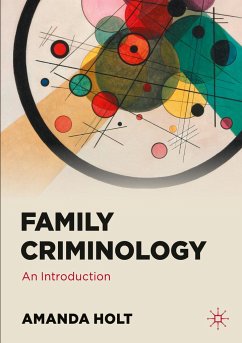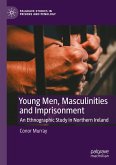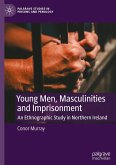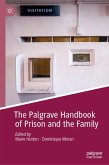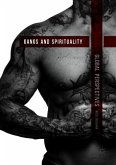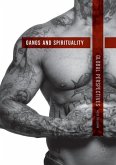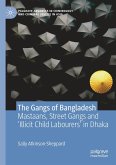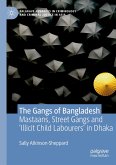This full-colour textbook offers a fresh conceptual approach to understanding the intersections of crime, criminal justice and family life. In doing so, it proposes a brand new sub-discipline of Criminology that places the family at the heart of its analysis, offering a groundbreaking approach to the study of crime and deviance. Adopting an interdisciplinary perspective, this introductory text explores topics from across the spectrum of criminological scholarship, including youth justice, prisons, organized crime, family violence and homicide, and victimology.
By drawing together these distinct topics and identifying and discussing their familial connections, this book argues for the importance of family life in the theory and practice of crime and justice. Key questions discussed throughout the text include: How does the criminal justice system engage with families across different contexts? In what ways do crime and criminal justice processes impact on family life? Inwhat ways can families transform the criminal justice system for the betterment of all? This book challenges commonly-held and simplistic assumptions about what the family is in relation to crime and justice and, by doing so, engages in deeper debates about human rights, social justice and the role of the state in relation to families and crime. It includes pedagogic features including conceptual toolboxes, questions for reflection, textboxes, a glossary and interviews with practitioners.
By drawing together these distinct topics and identifying and discussing their familial connections, this book argues for the importance of family life in the theory and practice of crime and justice. Key questions discussed throughout the text include: How does the criminal justice system engage with families across different contexts? In what ways do crime and criminal justice processes impact on family life? Inwhat ways can families transform the criminal justice system for the betterment of all? This book challenges commonly-held and simplistic assumptions about what the family is in relation to crime and justice and, by doing so, engages in deeper debates about human rights, social justice and the role of the state in relation to families and crime. It includes pedagogic features including conceptual toolboxes, questions for reflection, textboxes, a glossary and interviews with practitioners.
"The book is thoughtfully structured into nine chapters, each offering a unique perspective on how the concept of family is situated within the broader context of crime studies. ... the book's groundbreaking approach offers a fresh perspective on the complex interplay between families and crimes, marking a significant stride in mainstream criminology." (Yushawu Abubakari, Criminal Justice and Behavior, January 13, 2024)
"Each chapter proceeds by way of elaboration of key concepts and definitions, followed by a rehearsal of the core theories and debates ... . the book knowledgeably covers a great deal of ground. The text itself is supplemented by a host of diagrams, figures and tables to illustrate key aspects of the discussion ... . The case studies are especially useful and could easily lend themselves to class exercises searching for other cases raising similar issues." (Peter Squires, The British Journal of Criminology, January 7, 2023)
"Each chapter proceeds by way of elaboration of key concepts and definitions, followed by a rehearsal of the core theories and debates ... . the book knowledgeably covers a great deal of ground. The text itself is supplemented by a host of diagrams, figures and tables to illustrate key aspects of the discussion ... . The case studies are especially useful and could easily lend themselves to class exercises searching for other cases raising similar issues." (Peter Squires, The British Journal of Criminology, January 7, 2023)

